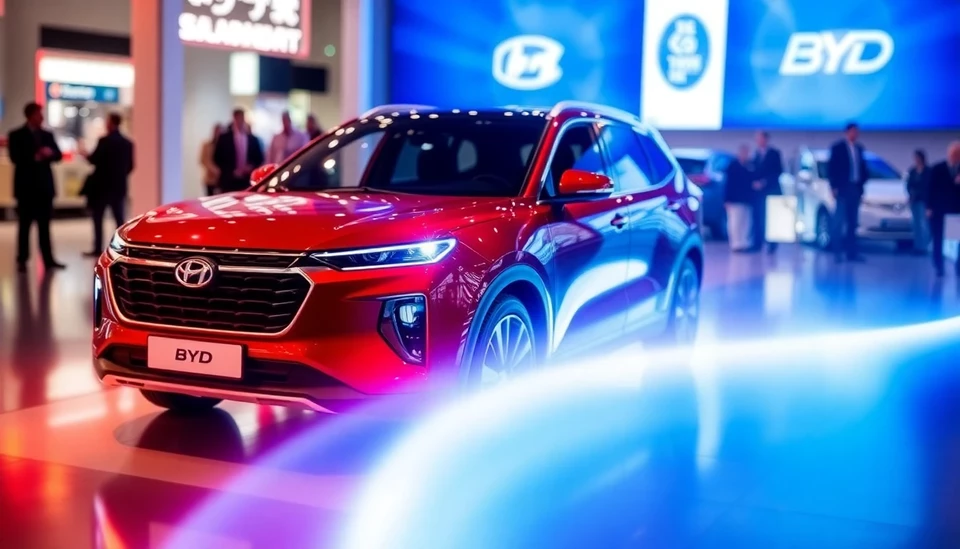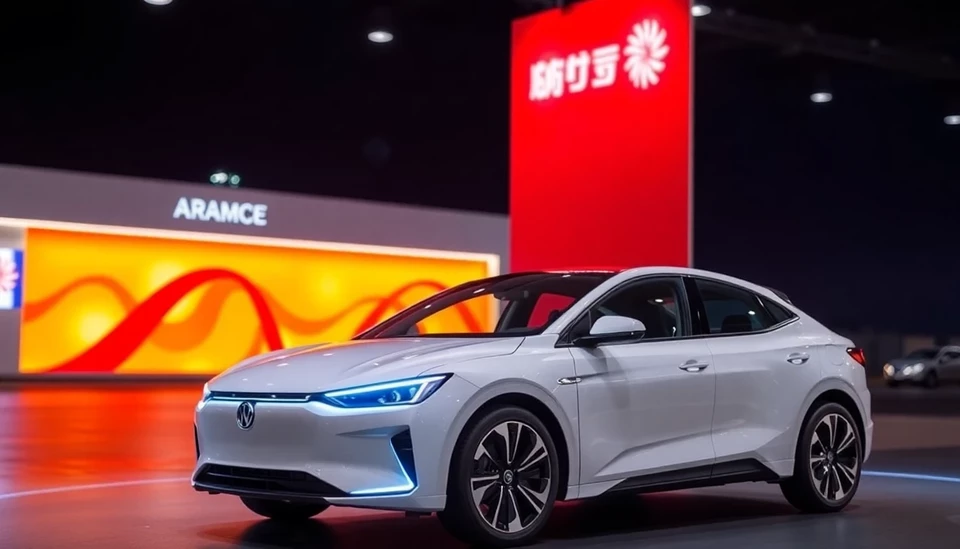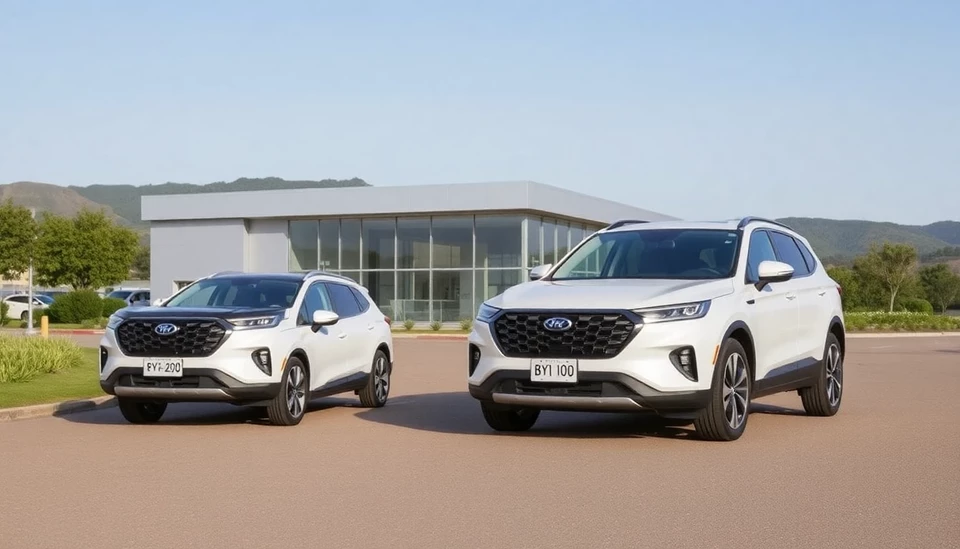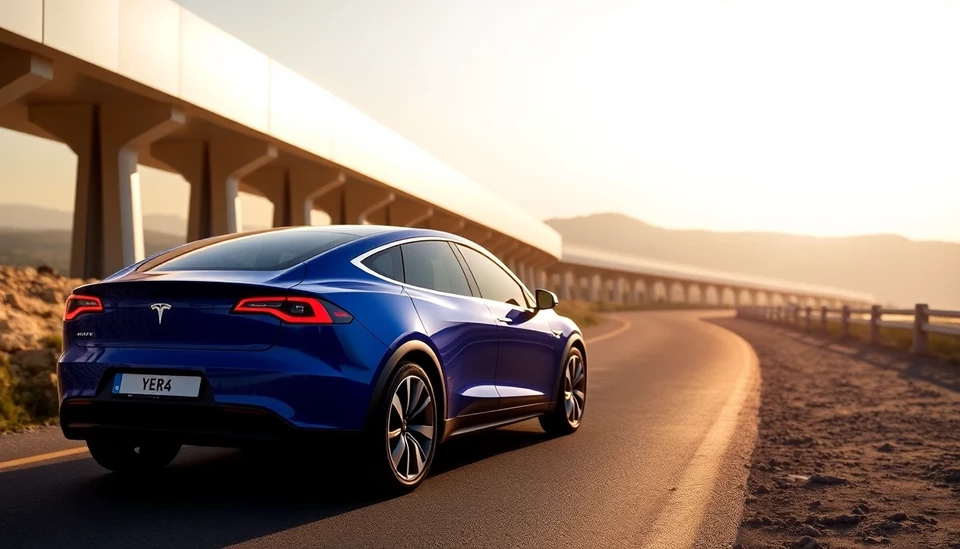
In recent years, BYD, the Chinese electric vehicle (EV) giant, has experienced exponential growth that has caught the attention of the global automotive industry. While many attribute part of this success to government subsidies, a closer analysis reveals that BYD's rise is fueled by a multitude of factors that extend far beyond financial incentives.
Founded in 1995, BYD initially gained traction in the battery manufacturing sector before pivoting to electric vehicles. The company's holistic approach to electrification includes extensive investments in battery technology, electric buses, and various mobility solutions, making it a multifaceted player in the green transportation space.
One of the core elements driving BYD's growth is its relentless pursuit of innovation. The company boasts a comprehensive R&D system that has allowed it to develop cutting-edge batteries, such as the Blade Battery, which enhances vehicle safety and efficiency. This innovation pipeline is complemented by strategic partnerships with technology companies, bolstering BYD's competitive edge in EV production.
Another significant factor is BYD's robust domestic market presence. China, the world's largest car market, has been a fertile environment for electric vehicles, propelled by increasing consumer demand for greener alternatives and stringent regulations aimed at reducing pollution. BYD has effectively capitalized on this trend, positioning itself as a frontrunner in meeting the needs of Chinese consumers while expanding its footprint internationally.
Internationally, BYD has taken strategic steps to penetrate key automotive markets. Its focus on building a global supply chain and local partnerships has enabled the company to establish a foothold in diverse regions, including Europe and Latin America. Moreover, BYD's emphasis on sustainability resonates well with consumers in these markets, further enhancing its brand reputation.
Additionally, BYD's versatility in product offering contributes significantly to its success. The company produces a wide range of electric vehicles, from passenger cars to buses and trucks, catering to both individual consumers and commercial needs. This diverse portfolio not only addresses various market segments but also mitigates risks associated with reliance on a single product line.
Furthermore, BYD’s focus on enhancing its production capabilities has allowed it to scale operations efficiently. With multiple manufacturing plants across China and partnerships in other regions, the company has increased its output while maintaining quality standards. This operational agility has proven beneficial, especially as demand for electric vehicles continues to soar worldwide.
In summary, BYD’s ascent in the electric vehicle market is a multi-dimensional success story driven by innovation, a strong domestic presence, global expansion efforts, diverse product offerings, and enhanced production capabilities. While subsidies certainly played a role, the combination of these factors has positioned BYD as a formidable leader in the EV space, setting benchmarks for competitors within and outside of China.
As the electric vehicle landscape evolves, industry observers will keenly watch BYD's next steps and the strategies it adopts to maintain its leadership position in the market. The company’s ability to navigate these complexities without solely relying on government support will be instrumental in shaping its future trajectory.
#BYD #ElectricVehicles #Sustainability #EVIndustry #Innovation #ChinaAutomotive #GlobalExpansion #CleanEnergy
Author: Victoria Adams




